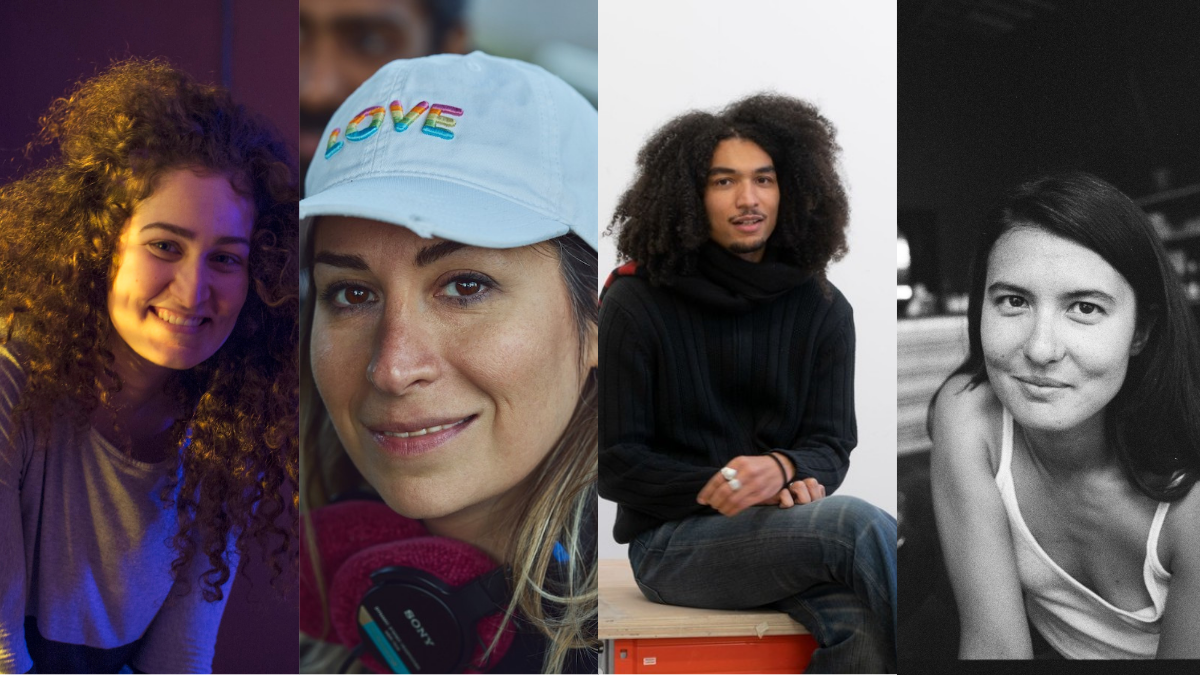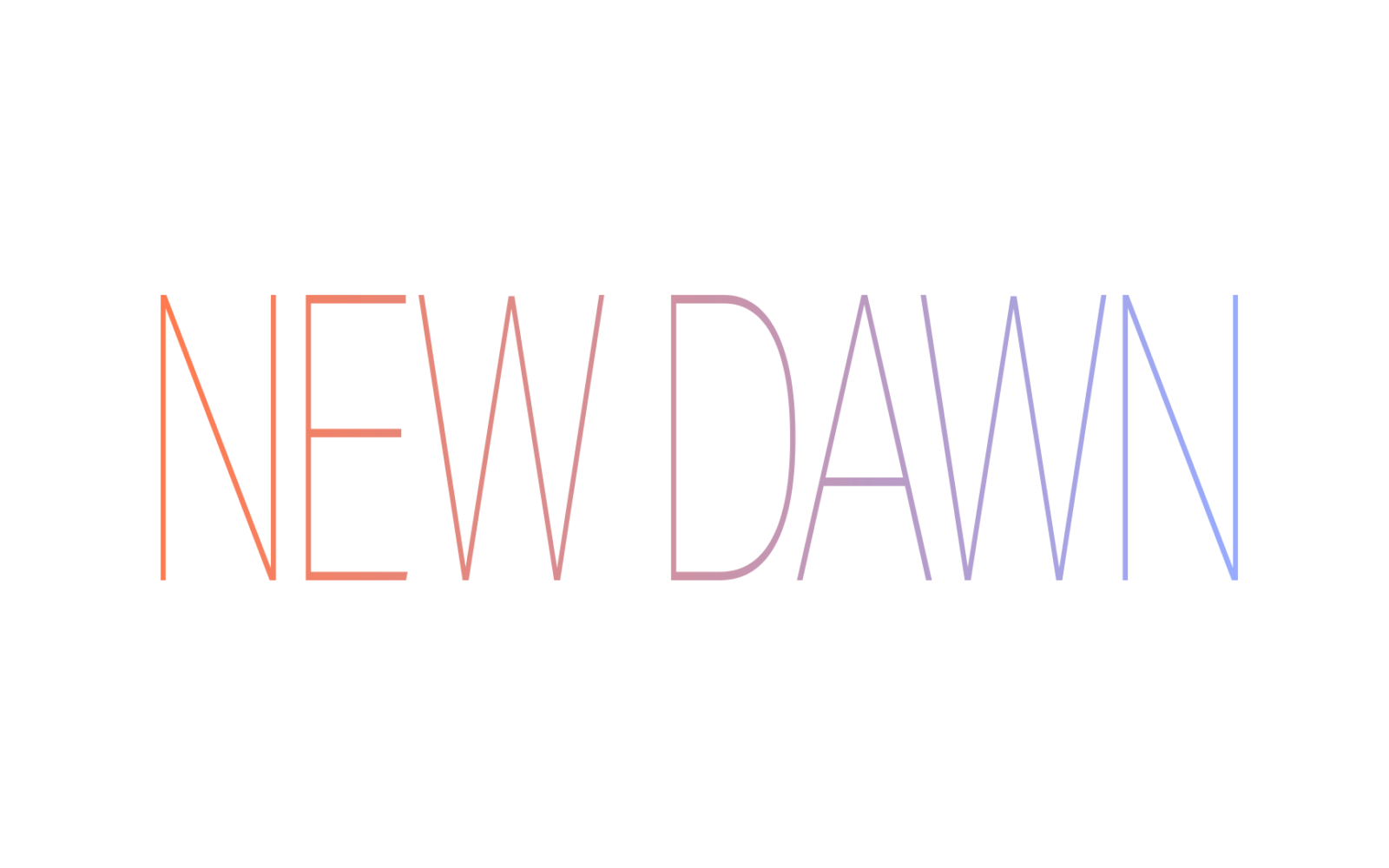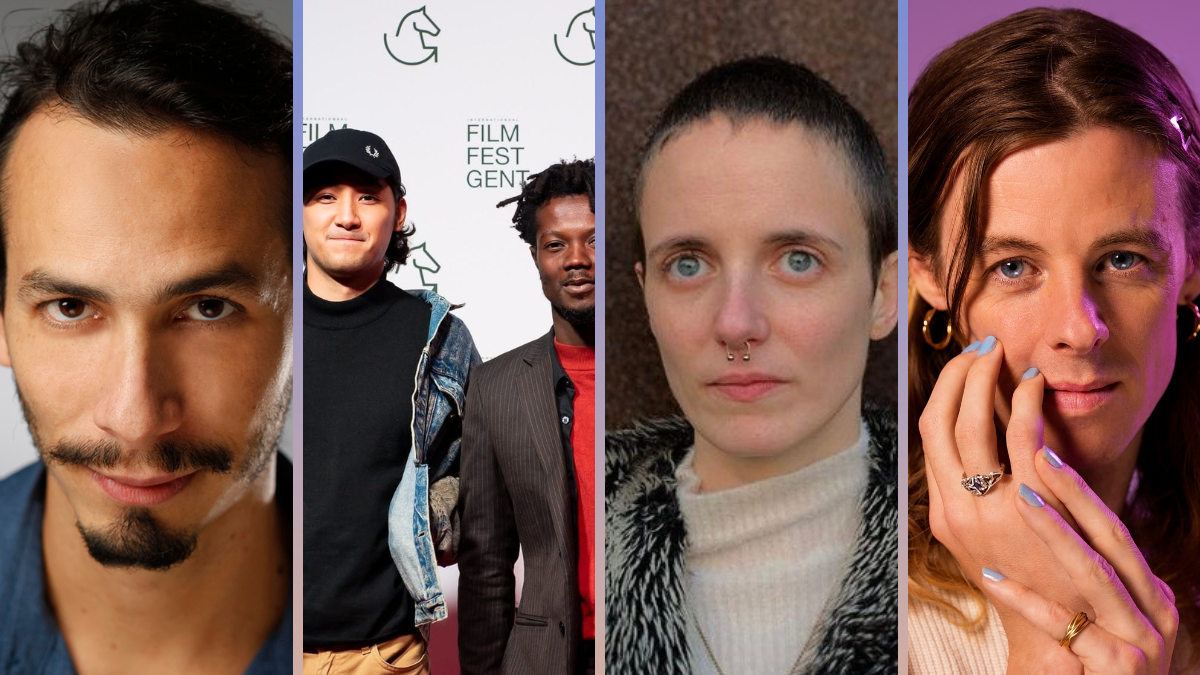
Not there by accident: Interview with film maker Baloji about Augure
Congrats on your Cannes selection! How excited are you?
“A little bit. I don’t know, everybody tells me that Cannes is very chaotic and that there’s crazy energy all over the place. I am especially nervous about the fact that the cast and my daughter will see the film for the first time. For the rest, I think we just have to go with the flow because we have no impact on the jury’s or press’ opinion. So, it is what it is. It’s not in my hands anymore.”
Augure is an ensemble film about four people accused of being witches and sorcerers. Despite their misfortune, they find the way to guide each other away from their socially imposed destinies and into the phantasmagoria of Africa. Where did the idea for Augure come from?
“It started in 2019 and is actually inspired by the passing of my dad. My immediate response was to write something about that. It’s about grieving; it’s about forgiveness. It’s about the role we give people whom we think are witches and sorcerers and how they can find an identity in our society when they have been assigned to this role.”
You began your career by telling your stories through music. What does the switch to film mean for you and the stories you want to tell?
“It was not a switch per se. I have worked on visuals for a long time, since 2012, but it’s a very long process to get funding in cinema. It’s a long run. It’s quite difficult when you’re not coming from the film industry, or you didn’t graduate film school. People don’t give you credit, and that’s the biggest challenge we had to work against while making Augure.
After my second feature film got rejected by commissions three times, I was devastated. My producer was even more devastated, so they stopped working with me. I then started making my own films, like Zombie, which is self-funded, self-produced, with me directing, me in front of the camera, and me doing basically everything else. It’s the best film school ever because you learn the job on set and come to understand every part of it. I eventually made four films by myself, and it helped the funding of Augure in a way. It was still difficult, but it helped in a way that certain people were like, ‘Okay, Augure is not there by accident – it’s not some typical musician who wants to try out film as a hobby or side project’.”

Meanwhile, you’ve been selected for Cannes. What is the most important thing you’ve learned about the industry so far?
“Important or interesting? I’ve learned a lot of things. Recently, I learned that not everything that shines is always gold. I also learned that this industry can be quite hypocritical, probably like most industries. This movie was very difficult to finance because nobody believed in it. Since we got invited to Cannes, it’s like I’m the prettiest girl on earth. It’s so interesting. I was Baloji for forty years, and all of a sudden, I’m Bella Hadid. That’s so strange. Because to me, I’m still the same person, but suddenly the industry sees you differently. But I also know they will see me as Bella Hadid for six months, and then there will be another person who will be seen as Bella. As a creator, you have to keep that in mind. I’m not blinded by the light, like the song says.”
Do you notice certain changes in the industry?
“I truly think cinema is designed for rich white men. And this won’t change very soon, unfortunately. Even if we do some diversity or inclusivity projects, even if we aim for a 50/50 gender parity, even if we try to have the good black guy in the movie or the good Chinese guy – it’s still a white industry for the simple reason it’s a very expensive sport. It’s a very expensive art form.
The only reason I’m standing in front of you right now is because the mother of my daughter took over back home when I was gone, when I was working, and there was a very strong structure around me that allowed me to do this. It’s a luxury most of us can’t afford. Who can work for more than 2 to 3 years of his life on a film? No one. Except a large group of the people I just mentioned. This industry, and beyond, is an industry designed for them, not for me.”

What did New Dawn mean for the production of the film?
“It saved our asses. We were not in a good place financially; like, it was really bad. New Dawn saved us big time.
Of course, there are more funds, but when on page 95 of your script it says a bunch of women are entering a room and they are paid to cry, and they cry so much their tears become small sources of water that are flowing into the room, people read this and think, ‘What is going on here?! This is not possible, this does not exist!
We have been, for the last 30 years at least, trained as a society to watch extremely realistic films. This year’s Oscars proved that things can change, but it is really an exception. Most people are used to a very realistic, naturalistic view on cinema. It is difficult to present something different, but New Dawn definitely saved my ass.
It’s a long process, but I’m happy we have this fund to help us pass this financial gap that makes everybody nervous and stressed. Film is an art form that really requires time, from the writing to production, from post-production to the nervousness about how people will react to the film? Every step is requiring so much attention and contemplation. We need the time and space to evaluate all the options we have in front of us.”
Augure will have its world premiere at the Cannes Film Festival on May 22nd, 2023.
*Update: on May 26th Baloji won the New Voice Prize in the Un Certain Regard side section at the Cannes Film Festival 2023
Cover image: Baloji by Kristin Lee Moolman




